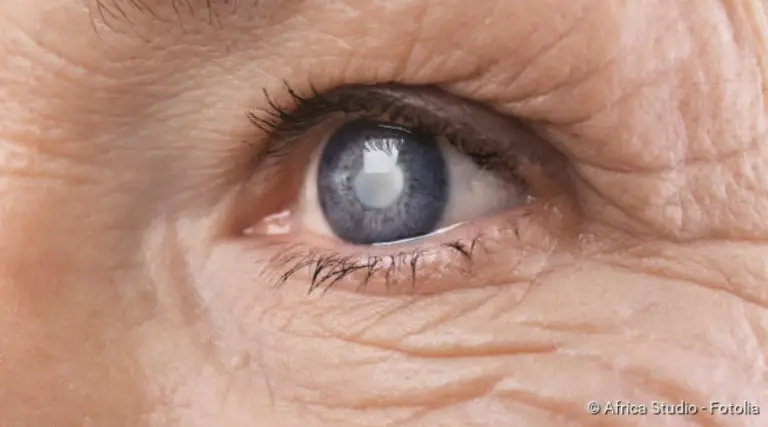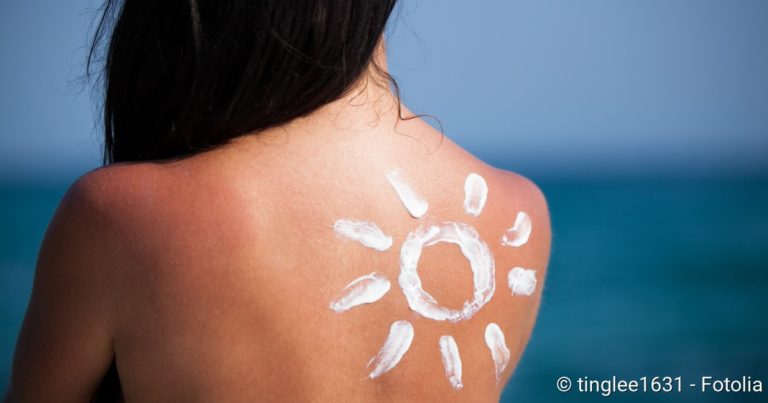Herpes home remedies and alternatives
Herpes home remedies and alternatives
Household remedy against herpes: Description
Home remedies for herpes are not counted among the classic drugs and are not subject to prescription. Some have long been known to be effective against various pathogens – but this is based on experience rather than scientific evidence.
Are home remedies for herpes better than drugs?
The question of whether classic drugs or household remedies are better for herpes cannot be answered in a generalized way. However, for many of the herpes home remedies there are not yet sufficient data available to scientifically prove their effectiveness. In contrast, the effectiveness of the drugs, also known as virustatics, has been tested in clinical trials.
This does not mean, however, that household remedies have no value in principle. Often they contain active ingredients that are believed to help against pathogens such as herpes viruses, but there is a lack of substantiating data on this alone.
Nevertheless, a herpes outbreak cannot be prevented, regardless of whether herpes household remedies or virustatics are used. As a rule, they merely reduce the duration of the disease and alleviate the symptoms. For both, the earlier they are applied, the better the effect. When a herpes outbreak is already in full swing, even home remedies can hardly achieve anything.
Are home remedies for herpes always an alternative?
Home remedies for herpes on the lip or nose, possibly also in the genital area, are sometimes quite sensible alternatives to medication. Because these herpes variants are usually harmless. Under certain circumstances, however, complications may arise such as herpes (eczema herpeticatum) or herpes-induced encephalitis. Here, the use of virustatics is indispensable – because the active ingredient must reach the bloodstream quickly and from there to the organs.
What home remedies are available for herpes?
In the following, only the best known of the numerous household remedies are presented in more detail.
Honey against herpes
Many people already have a home remedy against herpes on their breakfast table. Honey contains so-called antimicrobial substances, i.e. those that kill bacteria and viruses and can prevent them from multiplying. As soon as the disease becomes noticeable, some honey can be applied to the affected area. Since it also seals the open areas, it reduces the external spread of the viruses and thus the risk of infection.
Manuka honey, which is mainly extracted in New Zealand from the flowers of the South Sea myrtle, is said to be particularly effective. The responsible active ingredient is methylglyoxal. Manuka Honey is not approved as a finished product but is available as a prescription in pharmacies. It is also sold as food in special shops.
Another substance produced by bees that has an antimicrobial effect is propolis. However, the active strength of the mixture of substances, also known as putty resin, can vary greatly. This is because the composition of propolis depends on various factors, such as the type of bee, the season and the region. Propolis is not officially approved as a medicine, but is sold as a food supplement or cosmetic.
Tea tree oil against herpes
The South Sea myrtle is closely related to the Australian tea tree, whose oil also has an antimicrobial effect. Before the breakthrough of antibiotics, it was part of all first aid kits of Australian troops stationed in the tropics. Because the disinfecting effect of tea tree oil was already known in the late 18th century. Herpes can be most effectively combated if it is applied to the affected areas as early as possible and preferably every hour. The skin absorbs the oil well and the viruses are prevented from multiplying.
Some affected people report that early application of the substance, even with the first symptoms such as itching or tingling, even prevents an outbreak of herpes. However, tea tree oil is also considered to be a trigger for so-called contact dermatitis, i.e. skin inflammations which are caused by contact with certain irritants. Undiluted tea tree oil is even classified as harmful to health. Therefore, this household remedy against herpes should always only be used after consulting a pharmacist.
Zinc and toothpaste against herpes
The benefit of toothpaste for herpes is quite controversial. Some swear that the herpes outbreak is prevented or at least attenuated by the application of toothpaste.
Critics, on the other hand, tend to advise against its use for herpes. Toothpaste also contains irritating substances that can further damage the skin attacked by the viruses. Many pastes also have no healing effect at all, because the effect of toothpaste on herpes is due to zinc, which is only present in some varieties.
Because it has an anti-inflammatory effect, the symptoms can also be alleviated when zinc is used against herpes, although it does little to combat the viruses themselves, as its disinfectant effect is primarily directed against bacteria. Nevertheless, zinc ointment is successfully used against herpes because it has a drying effect and has a positive effect on weeping herpes blisters. So instead of toothpaste, it is better to use zinc ointment. Herpes is then treated directly with the same active ingredient that is responsible for the positive effects in toothpaste, but without being exposed to the irritating substances in the paste.
Lemon balm against herpes
For centuries, lemon balm has been considered a valuable household remedy, including herpes. In fact, it is one of the few home remedies for which studies have actually proven its effectiveness. Certain active ingredients in the medicinal plant prevent the herpes viruses from penetrating the body cells. Many patients report that after applying lemon balm to the affected areas, there is an improvement within a few days or even hours. Swelling and redness are said to decrease significantly. Ointments and creams with lemon balm extract are available in every pharmacy.
Other household remedies against herpes
There are many other substances that are considered herpes home remedies. Aloe vera, garlic, black tea or ginger are said to help against herpes. However, it is advisable to ask at the pharmacy or a doctor before using household remedies. Because some agents can be harmful if used incorrectly.
Ice cubes, for example, which are wrapped in a cloth and held on the site of herpes can be useful in the early phase of the disease and make it difficult for the virus to multiply. However, if the outbreak is already in full swing, the cooling does not do anything, but possibly damages the skin. High-proof alcohol also has a cooling and disinfecting effect, but it burns strongly if open spots on the skin have developed due to the herpes diseases.
What is to be observed in general during application?
No matter which home remedy for herpes you choose, you should make sure that the viruses do not spread further. It is best to apply the respective substance to a cotton swab and spread it over the affected area. Throw the cotton swab away after using it once. Then wash your hands thoroughly.
If you pay attention to hygiene and inform yourself in advance about the use of the substances, you can use the right household remedy against herpes sensibly.





